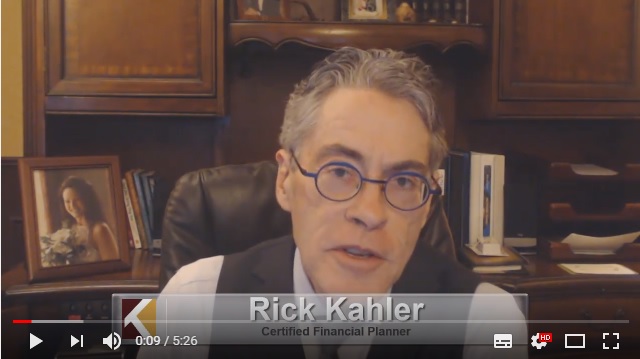 “With couples, usually one is a spender and one is a saver.” I’ve heard this many times, and I’ve even said it myself. Money issues are one of the most common areas of stress between partners, and conflicting views over spending and saving is a major contributor.
“With couples, usually one is a spender and one is a saver.” I’ve heard this many times, and I’ve even said it myself. Money issues are one of the most common areas of stress between partners, and conflicting views over spending and saving is a major contributor.
However, a recent study done by Brigham Young University and Kansas State University led me to see marital money issues in a new way. The study, published last year in the Journal of Financial Planning under the title “Tightwads and Spenders: Predicting Financial Conflict in Couple Relationships,” found that partners’ perceptions of each other’s money behavior often does not match reality. The fact that you may see your partner as a spender has actually no correlation to whether they are. Yet there is a huge correlation between thinking your partner is a spender and experiencing financial conflict in the marriage.
Ashley LeBaron, a BYU graduate student and co-author of the study, said this in a BYU News article published August 15, 2017: “The fact that partners’ perceptions of each other’s spending behaviors were so predictive of financial conflict suggests that when it comes to the impact of finances on relationships, perceptions may be just as important, if not more important, than reality.”
As it turns out, the highest contributors to financial conflict between partners weren’t disagreements over how much to fund children’s education, save toward retirement, or spend on a vacation or a car. It was whether one partner considered the other partner a spender or a tightwad—regardless of their actual spending patterns.
If you want to bring more harmony and objectivity around money to your coupleship, you might consider taking the following steps:
1. Define “spender” in your own words. What does it mean to you if someone is a spender?
2. Define “tightwad” in your own words.
3. Think of your definition of “spender.” Write down all the one-word feelings that you can identify when you think of a spender.
4. Do the same with your definition of “tightwad.”
5. Write a list of all the evidence you can think of that your partner is a spender. Stick with the facts, not a projection. For example, a statement that “my partner spends too much money on coffee” is a projection. Instead, “Three days a week, my partner spends $2.50 on an Americano at Starbucks,” is an observation.
6. In the same way, list all the evidence that your partner is a tightwad.
7. Repeat steps 5 and 6, but about yourself.
8. Look back at the one-word feelings you listed in step 3. Which of those might your partner feel about your spending?
9. Consider which of the one-word feelings you listed in step 4 that your partner might feel about your saving.
10. Now, give this exercise to your partner to complete.
Finally, select a time to compare answers. Choose one of you to go first while the other listens with absolutely no interruptions, cross talk, or comment. This is hard, but crucial. When the first partner is done, then switch roles without any comments.
If your partner isn’t willing to participate, consider doing this exercise on your own. The insight you gain could be valuable.
If the level of money conflict in your relationship is so high that you can’t even imagine doing this exercise together, you also might consider setting up an appointment with a financial therapist. Conflicts over money can be resolved, but it often takes both partners having the willingness do so. Even more, it often takes one or both partners having the courage to ask for help.
The above blog is by Rick Kahler originally published in Rick Kahler’s Blog – MONEY, EMOTIONS, AND THE NOBEL PRIZE IN ECONOMICS
About the author: Rick Kahler, Certified Financial Planner™, MS, ChFC, CCIM, is president & founder of Kahler Financial Group and co-founder of the Healing Money Issues Workshop. To know more about him, visit his blog: http://www.financialawakenings.com/







0 Comments